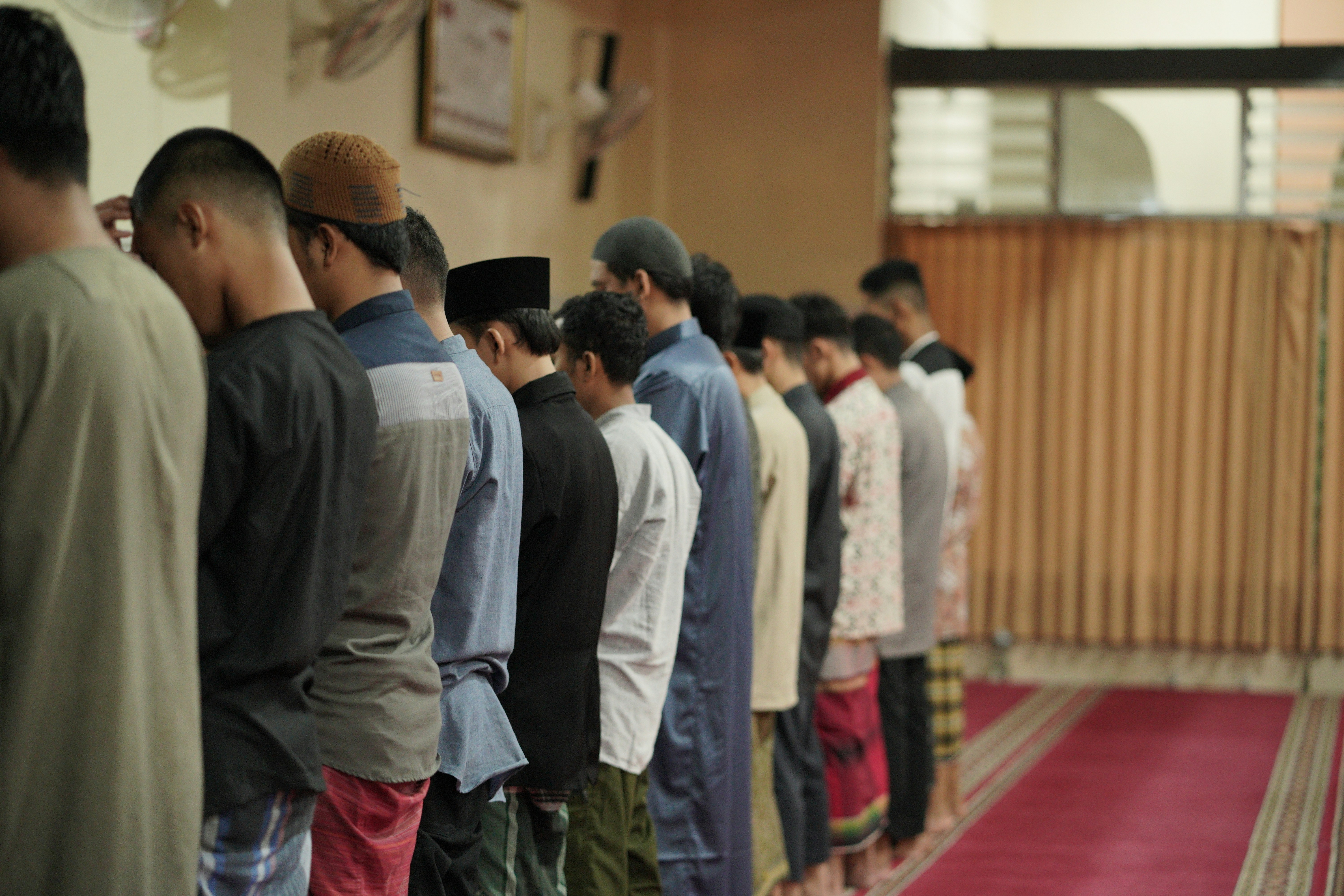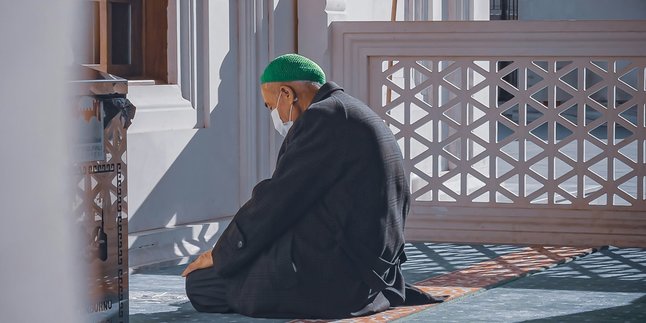Kapanlagi.com - Prayer of Iftitah is one part of the prayer recitation. It is recited at the beginning of the prayer, expressing intention and seeking help and guidance from Allah SWT. For some Muslims, the prayer of Iftitah is also the initial step in building concentration during prayer. Therefore, it is necessary for every Muslim to know the recitation and meaning of the prayer of Iftitah.
Although the Prayer of Iftitah is not included in the obligatory pillars of prayer, there are many teachings from Prophet Muhammad SAW and his companions that suggest reciting it. This prayer also emphasizes the importance of presence of mind and concentration in every rak'ah of prayer.
Understanding the recitation and meaning of the prayer of Iftitah is very important for every Muslim. Moreover, as it is known that there are several variations of the prayer of Iftitah. Each variation of the prayer of Iftitah has noble meanings.
Curious about the variations of the prayer of Iftitah and its meaning? To find out, just read the following review.
1. Reading of Iftitah Prayer from Nahdlatul Ulama (NU)

Prayer Reading of Iftitah from Nahdlatul Ulama (credit: unsplash)
According to Nahdlatul Ulama, there are at least 3 variations of the recitation of the Iftitah prayer. All three have the same good and noble meaning, so it is allowed to recite any of them during prayer.
1. First Reading of Iftitah Prayer from NU
"Allahu akbar, kabirau walhamdu lillahi katsira, wa subhanallahi bukrotaw washila."
Meaning :
"Allah is the greatest, His greatness is immense, and all praise is for Allah, praise as much as possible. And Allah is glorified in the morning and evening."
2. Second Reading of Iftitah Prayer from NU
"Inni wajjahtu wajhiya lilladzi fatharas samawati wal arha hanifam muslimaw wa ma ana minal musyrikin."
Meaning:
"I turn my face towards the One who created the heavens and the earth in a straight and submissive manner. And I am not among those who associate partners with Allah."
3. Third Reading of Iftitah Prayer from NU
"Inna shalati wa nusuki wa mahyaya wa mamati lillahi rabbil alamin la syarika lahu wa bidzalika umirtu wa ana minal muslimin."
Meaning:
"Indeed, my prayer, my devotion, my life, and my death are all for Allah, the Lord of all the worlds, with no partner for Him. And thus I am commanded, and I am among the Muslims."
2. Prayer Reading of Iftitah from Muhammadiyah

Iftitah Prayer Reading from Muhammadiyah (credit: unsplash)
Just like in NU, according to Muhammadiyah there are also 3 variants of Iftitah prayer readings, all of which have the same noble meaning. Here are the three Iftitah prayer readings according to Muhammadiyah's perspective:
1. The First Iftitah Prayer Reading from Muhammadiyah
"Allaahumma baa'id bainii wabainaa khotoo yaa ya kamaa baa 'adta bainal masyriqi wal maghrib"
Meaning:
"O Allah, distance me from my mistakes as You distance between the east and the west."
2. The Second Iftitah Prayer Reading from Muhammadiyah
"Allaahumma naqqinii minal khotoo yaa kamaa yunqqots tsaubul abyadhuu minaddanas."
Meaning:
"O Allah, cleanse me from my mistakes as white clothes are cleansed from dirt."
3. The Third Iftitah Prayer Reading from Muhammadiyah
"Allaahummaghsil khotoo yaa ya bil maa i wats tsalji walbarod."
Meaning:
"O Allah, wash away my mistakes with water, snow, and dew."
3. The Law of Reading the Iftitah Prayer

The Law of Reading the Iftitah Prayer (credit: unsplash)
As mentioned earlier, the Iftitah prayer is not part of the pillars of prayer. This means that the Iftitah prayer is not obligatory. However, the law of reading the Iftitah prayer is a recommended practice, which means that a person who recites it during prayer will receive additional rewards.
Nevertheless, in detail, there are several conditions that can affect the law of reading the Iftitah prayer during prayer. Here are some laws regarding the recitation of the Iftitah prayer based on the occurring conditions:
1. The Iftitah prayer is recited when there is enough time for prayer, and it is preferable not to recite it if time is limited.
2. The follower (makmum) can recite the Iftitah prayer if they are not worried about missing Al-Fatihah during the prayer.
3. As a follower (makmum) who is late in joining the prayer, it is advisable to avoid reciting the Iftitah prayer if the imam is already in a different position, such as bowing (ruku').
4. The Iftitah prayer can be recited in every prayer, except for funeral prayer, including ghoib prayer.
That is a brief review related to the recitation of Iftitah prayer and its meaning, as well as its legal status based on the conditions involved. Hopefully, it is beneficial, can increase religious knowledge, and strengthen faith as a Muslim. Ammiin.
LET'S JOIN THE WHATSAPP CHANNEL KAPANLAGI.COM SO THAT YOU DON'T MISS THE LATEST UPDATES AND NEWS ABOUT THE ENTERTAINMENT WORLD BOTH DOMESTIC AND INTERNATIONAL. CLICK HERE YES, KLOVERS!
(kpl/psp)
Disclaimer: This translation from Bahasa Indonesia to English has been generated by Artificial Intelligence.















